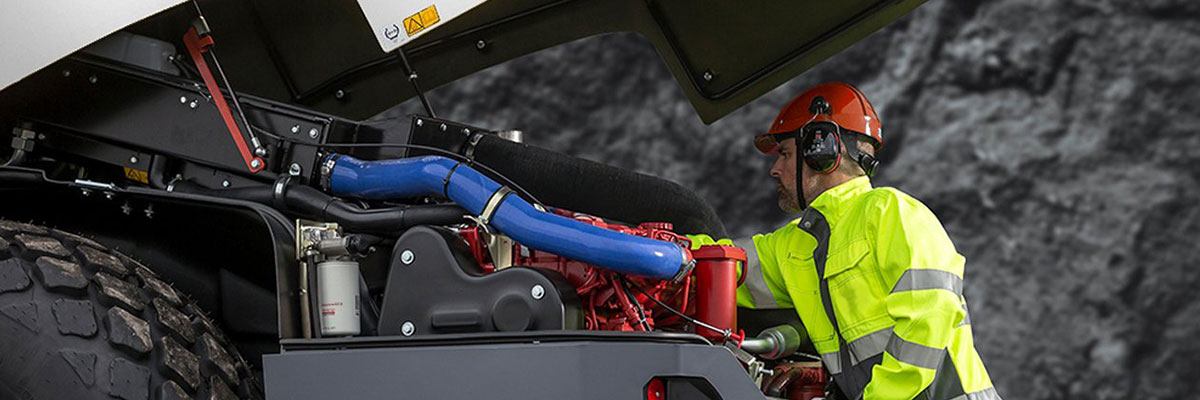APPLICATIONS FOR COMPACTION AND PAVING TECHNIQUES
Compaction is defined as the process of increasing the density and load-bearing properties of a material through the application of either static or dynamic external forces.
It is required in many areas of the construction industry. The following pages describe in brief the most common applications – roads, streets, motorways, airfields, earth dams, railway embankments and foundations for buildings. Other applications include parking areas, storage yards, sports areas, industrial and residential areas, harbour constructions, reservoirs and channel linings.
In the construction field, the bearing capacity and stability of rock fill, soil, asphalt and concrete, and their impermeability and ability to withstand loads, are all correlated to the adequacy of the compaction of the material. To illustrate the importance of compaction, a 1% increase in density normally corresponds to at least a 10-15% increase in bearing capacity.
Although compaction may only account for some 1-4% of the total construction costs, its role in the quality and life span of a finished project is immeasurable. If compaction is inadequate or incorrectly performed, settlement and other failures are likely to occur and result in high rehabilitation and, or maintenance costs.
